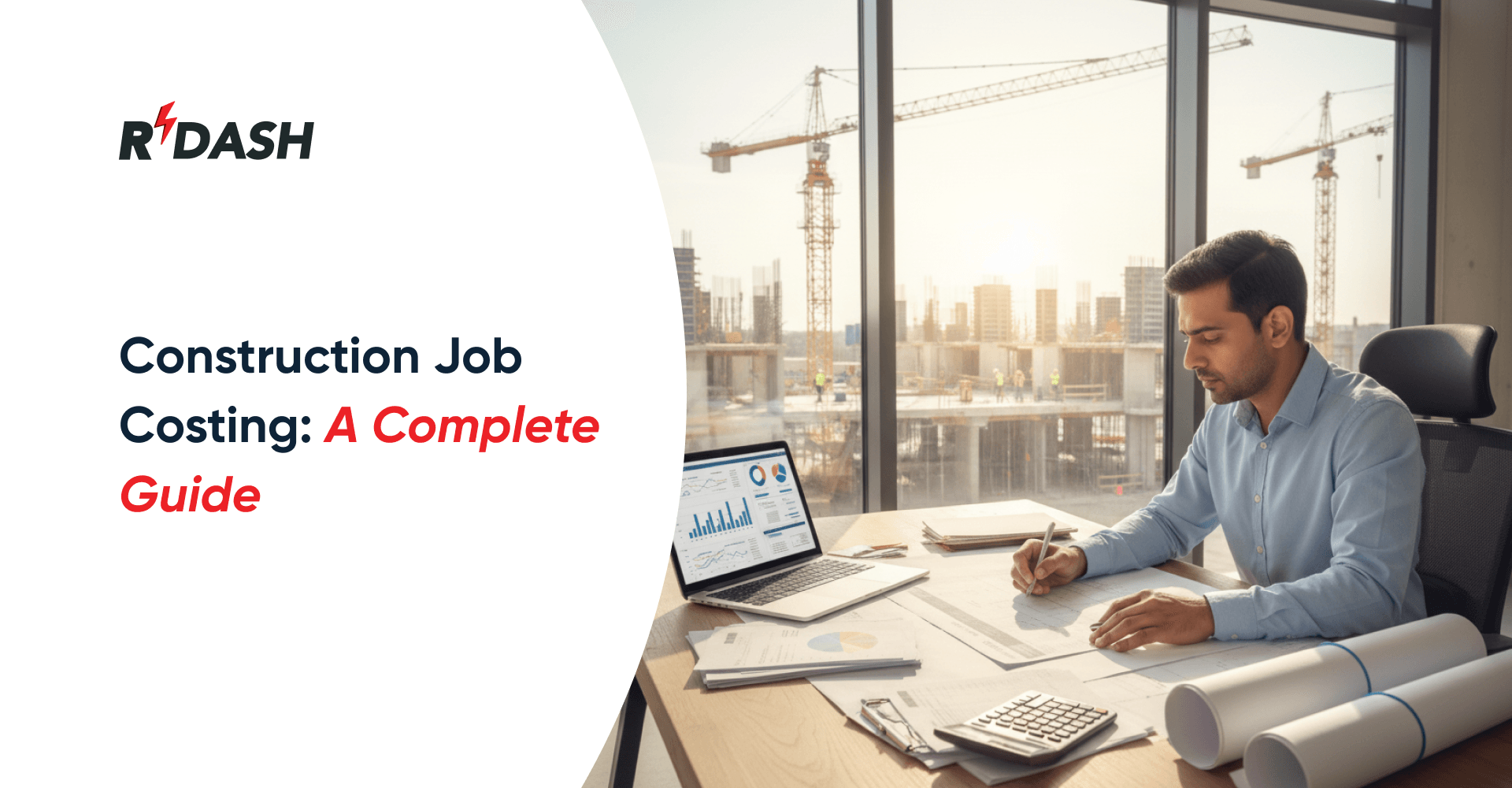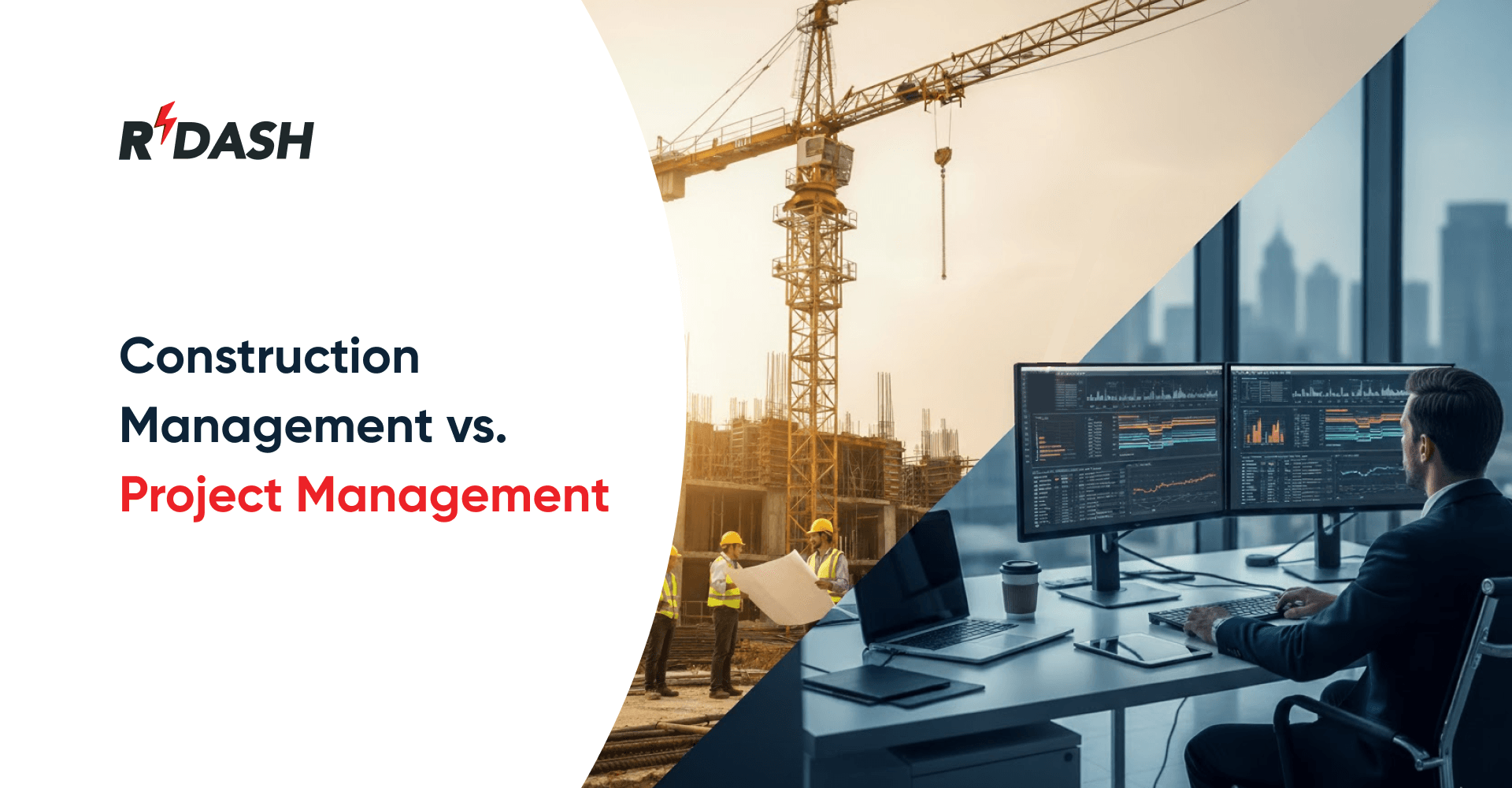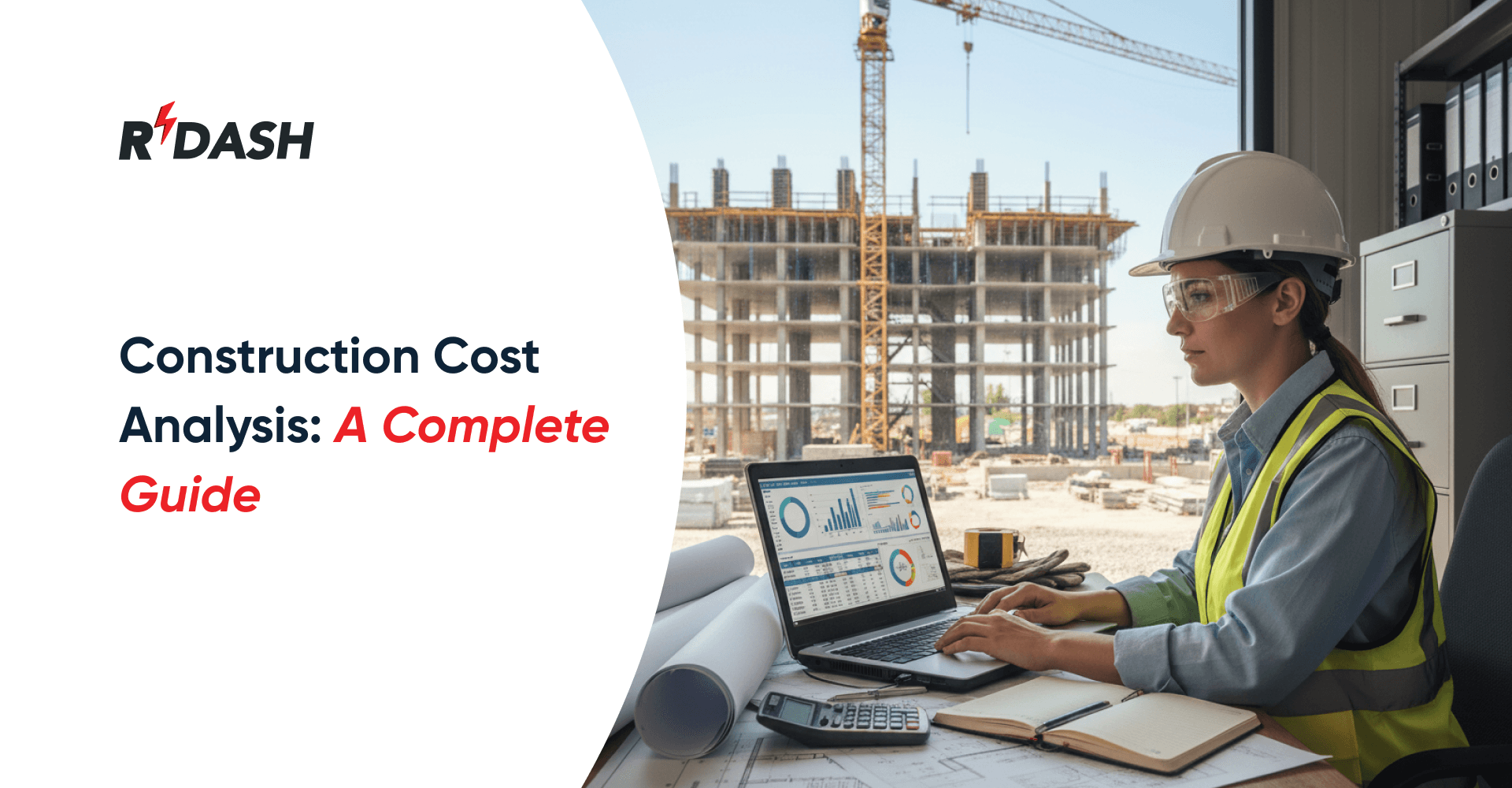What is a construction project manager?
A construction project manager is the person responsible for planning, coordinating, and overseeing construction projects from start to finish. They make sure that everything runs smoothly, on time, within budget, and according to quality standards.
Whether it’s a residential building, commercial space, or infrastructure project, the project manager plays a key role in making sure all parts of the project work together. They act as the main point of contact between the client, contractors, engineers, architects, and suppliers.
What does a construction project manager do?
A construction project manager wears many hats. Here are some of their main responsibilities:
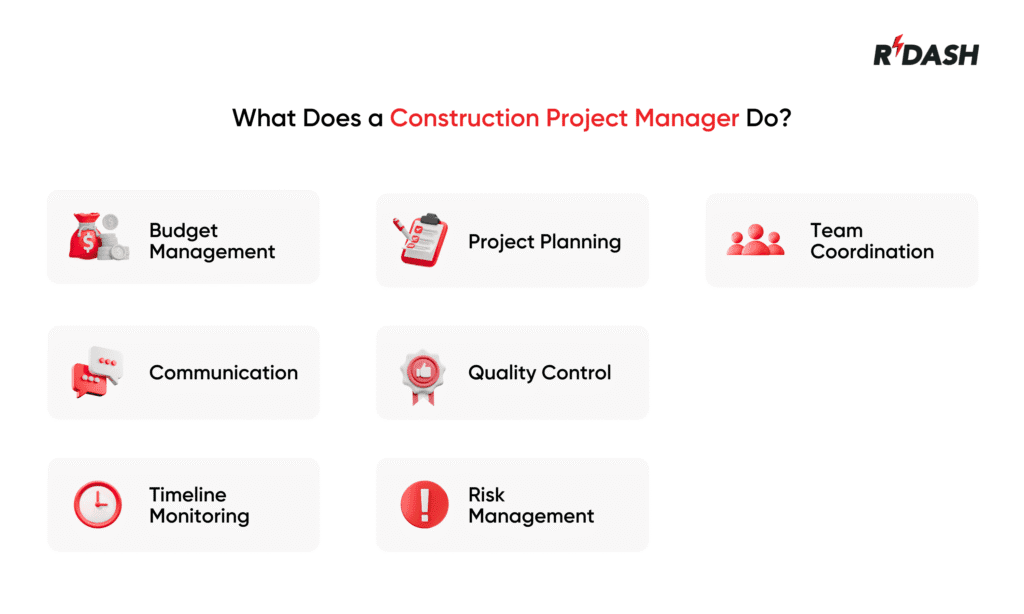
1. Project Planning
Before any work begins, the project manager prepares a detailed plan. This includes the timeline, cost estimates, list of tasks, resource allocation, and safety measures. They also create a roadmap so that everyone involved knows what needs to be done and when.
2. Budget Management
Keeping a project within budget is a big challenge. The project manager tracks expenses, approves payments, and ensures that costs don’t spiral out of control. If unexpected issues arise, they adjust the budget and look for ways to save costs without affecting quality.
3. Team Coordination
Construction involves many teams – engineers, architects, site supervisors, and workers. The project manager keeps all teams aligned and ensures smooth coordination. They assign tasks, hold regular meetings, and resolve any misunderstandings between teams.
4. Timeline Monitoring
Meeting deadlines is critical in construction. The project manager checks daily progress, tracks delays, and takes quick action if the schedule is off track. They make sure work happens in the right order and avoid bottlenecks.
5. Quality Control
The final project must meet the required standards. The project manager reviews work at every stage to ensure that quality is not compromised. They also conduct site inspections and check that safety rules are followed.
6. Communication
A big part of the job is communication. The project manager keeps the client informed, updates stakeholders, and answers questions from the team. Effective communication helps prevent errors and supports steady project progress.
7. Risk Management
Every construction project has risks – bad weather, supply delays, or labor shortages. The project manager identifies these risks early and prepares backup plans. This helps limit delays and keeps the timeline and budget under control.
Key responsibilities of a construction project manager
A construction project manager handles many tasks throughout the life of a project. Their responsibilities go beyond just supervising the site. Here are the key roles they perform:
1. Creating Project Plans
They create a complete plan that outlines tasks, schedules, materials, labor, and expenses, keeping the entire process well-organized.
2. Setting Budgets and Managing Costs
The project manager prepares the budget, tracks spending, and ensures the project stays within financial limits. They are also responsible for approving high-value purchases or major expenses.
3. Hiring and Managing Teams
They help choose contractors, subcontractors, and site workers. Once hired, the project manager makes sure teams know their duties and stay productive.
4. Coordinating Between Stakeholders
The project manager acts as the bridge between clients, architects, engineers, suppliers, and site teams. Their role includes keeping everyone updated and focused on the same project goals.
5. Ensuring Safety and Quality
They are responsible for making sure that safety guidelines are followed and the work meets quality standards. Regular site inspections are part of this job.
6. Tracking Progress
They check how much work is completed, compare it with the plan, and solve problems that might slow down progress.
7. Managing Changes and Risks
If design changes or unexpected issues arise, the project manager adjusts the plan, informs the team, and finds ways to keep things on track.
How to become a construction project manager?
If you’re interested in this role, here’s a simple path to becoming a construction project manager:
Get the Right Education
Start with a bachelor’s degree in civil engineering, construction management, architecture, or a related field. Some people also begin with diplomas and work their way up with experience.
Gain On-Site Experience
Experience is key. Work as a site supervisor, coordinator, or assistant project manager. Hands-on knowledge helps you understand how construction really works.
Build Management Skills
Project managers need to be good at planning, budgeting, communication, and team leadership. These skills can be developed through work experience or training courses.
Qualities to look for in a construction project manager
Choosing the right person to manage your project is critical. Below are some must-have traits and skills:
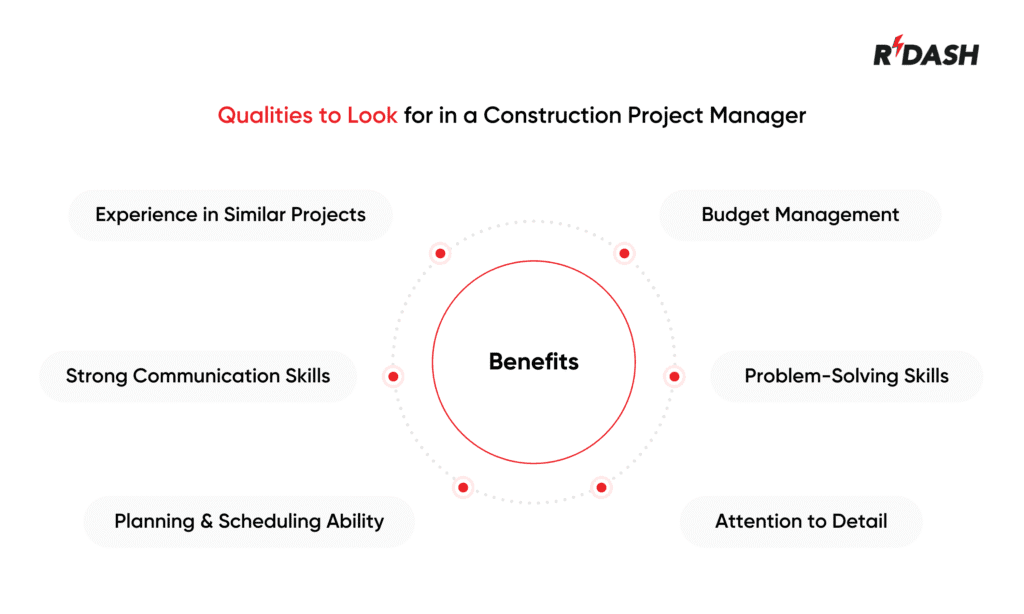
1. Experience in Similar Projects
A good project manager should have hands-on experience with the type of construction you are doing – whether it’s commercial, residential, or interior fit-out.
2. Strong Communication Skills
They must clearly communicate with clients, contractors, workers, and vendors to ensure everyone is on the same page.
3. Planning and Scheduling Ability
A project manager should be able to plan each stage of the project, assign tasks, and create timelines that are realistic and easy to follow.
4. Budget Management
They should know how to control costs, prevent overruns, and make sure resources are used efficiently.
5. Problem-Solving Skills
Construction projects often face unexpected challenges. A skilled project manager can think quickly, solve problems efficiently, and ensure steady progress throughout the project.
6. Attention to Detail
From contracts to site updates, the project manager must monitor every detail to avoid mistakes that could lead to delays or extra costs.
Difference Between a Project Manager and a Construction Manager?
Although both roles are important in construction, they focus on different parts of the job.
Construction Manager
- Focuses on the site
- Oversees day-to-day activities and labor
- Handles subcontractors and safety compliance
- Usually present on-site full-time
- Makes sure all tasks are completed as per the project schedule
Project Manager
- Handles the entire project
- Plan timelines, budgets, procurement, and team coordination
- Communicates with clients, vendors, and internal teams
- Tracks progress and ensures deadlines are met
- Uses project management tools to improve clarity and monitor progress easily
In short, Construction managers work on-site to execute the plan, while project managers oversee the full process from planning to delivery.
Both roles are essential, and often work closely together to ensure the success of a construction project.


